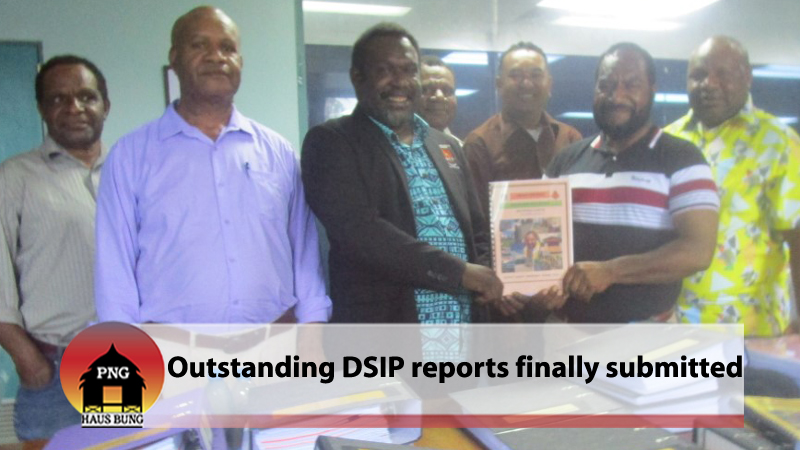NEWS
ANGLIMP SOUTH WAGHI SUBMITS OUTSTANDING DISP ACQUITTALS
![]() By PNG Haus Bung |
June 21, 2022
By PNG Haus Bung |
June 21, 2022

Related News
LATEST NEWS





